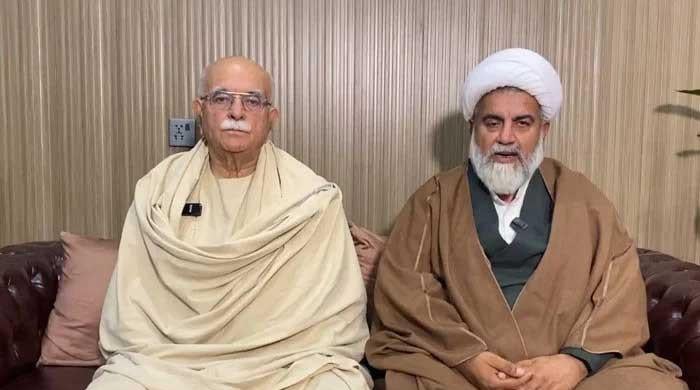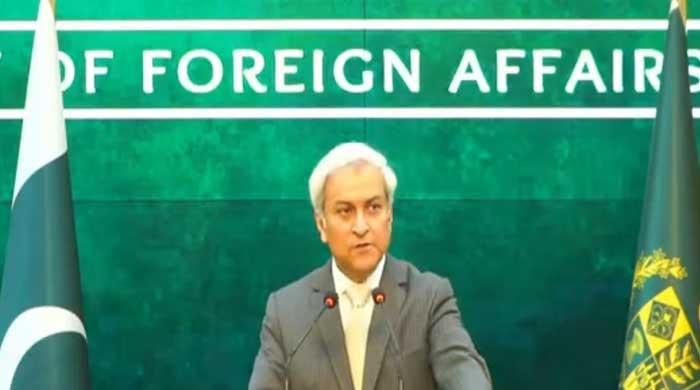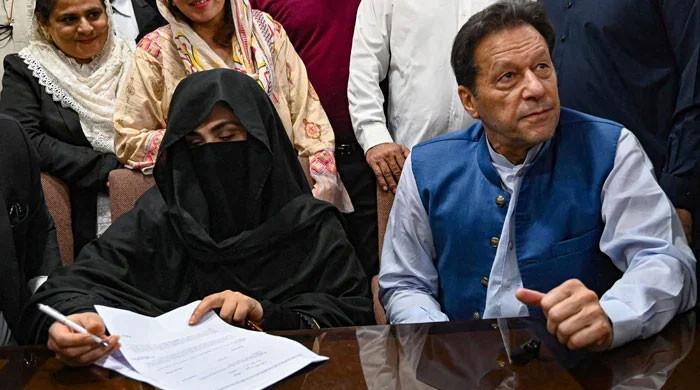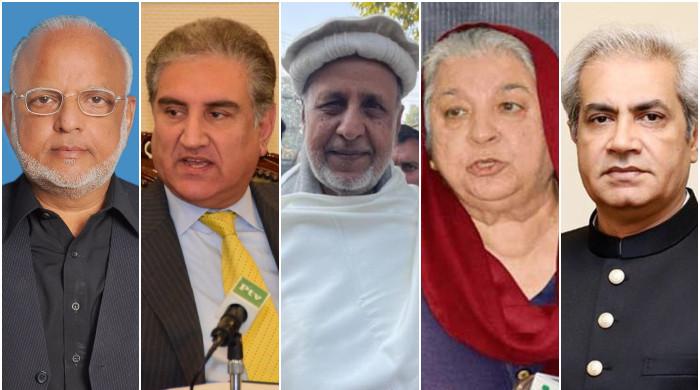Kenya denies help to Pakistan in Arshad Sharif murder case investigations
Sources say Kenyan govt, police and intelligence are “very upset” about conclusion drawn in scathing report by Pakistani officials
April 19, 2023

- Kenya tells Islamabad point-blank that they will no more assist any probe.
- Pakistan requests opening fresh investigation into murder on Kenyan soil.
- Sources say Kenya is “very upset” about scathing report by Pakistani officials.
In response to Pakistani authorities' request to the Kenyan Foreign Office for permission to open a new investigation, the Kenyan government authorities have told Islamabad point-blank that they will no more assist the investigations led by Pakistani officials in the Arshad Sharif murder case, The News reported on Wednesday.
The sources on both sides confirmed that the Kenyan government clearly said on five occasions that it had helped enough and will not allow a probe in the African country any further.
They added that the Kenyan authorities told their Pakistani counterparts that they had provided every possible help to two Pakistani investigators — Intelligence Bureau’s Omar Shahid Hamid and Federal Investigation Agency’s Dr Athar Waheed — but it is not willing to do the same all over again.
“No new investigation will yield any different result. We helped Pakistan as much as we can and that’s that,” a well-placed source in Kenyan government said.
The source shared that government, police and intelligence services are “very upset” about the conclusion drawn in the scathing report by Hamid and Dr Waheed i.e. that there was a strong case of a murder conspiracy leading up to Sharif’s assassination; the Kenyan police’s potential complicity, non-professionalism and changing statements; a clear case of murder plot cover-up; and a lack of will of the Kenyan authorities to investigate the murder case properly.
Three weeks ago, Geo News revealed exclusively that an investigation by the Kenyan government authorities maintains that the Pakistani journalist's killing was a case of “mistaken identity” and there was no murder planning involved.
The Kenyan government report, which remains unpublished till now, says that Sharif was killed by four members of the para-military General Service Unit (GSU) in a random shootout because his driver Khurram Ahmed didn’t stop at the roadblock and that there was no murder planning.
Since then, Pakistanis have approached the Kenyan government to share this report with Pakistan authorities, but the Kenyan government has refused.
A five-member bench, headed by Chief Justice of Pakistan Umar Ata Bandial, and comprising Justice Ijaz ul Ahsan, Justice Muneeb Akhtar, Justice Jamal Khan Mandokhail and Justice Muhammad Ali Mazhar, heard the suo motu notice and ordered a new inquiry.
Islamabad has since then written many times to Kenya citing SC orders, but the Kenyan government has told the authorities that the necessary cooperation had already been provided and that the apex court’s orders were Pakistan’s internal matter, the source revealed.
In the second week of February, the Joint Investigation Team (JIT) formed by the top court to probe the murder of Sharif told the court that no valid evidence was found during their visit to Kenya. They also cited a lack of cooperation from the Kenyan authorities.
The team had visited Kenya on the SC’s directions and it had been learned that the team was not allowed to carry out any work and was told that it would be in violation of local laws if it stepped out beyond its legal limitations.
In October last year, Sharif was shot dead by the Kenyan police in what they claimed was a “mistaken identity” case while he was returning to Nairobi from Kenya’s Magadi Town.
The Kenyan police claimed they opened fire after the vehicle breached a blockade. The second JIT head, Awais Ahmed, has already told the SC the team found no solid evidence in Kenya, adding the authorities of the foreign country did not provide access to evidence in the case.
According to Kenyan sources, Pakistani investigators wanted to visit the incident site, AmmoDump camp, and the flat where Sharif lived as well as access to Kenya’s own record.
But, they were told none of this was possible and no Kenyan official was prepared to spare time to help the Pakistani investigators. Since then, Pakistan Foreign Office has approached Kenya’s diplomatic mission and written to Kenya’s Foreign Ministry for help but has been told in categorical terms there will be no more help.
Sharif’s family, friends and Pakistani media believe the senior journalist was killed in a planned murder attack in Kenya.












